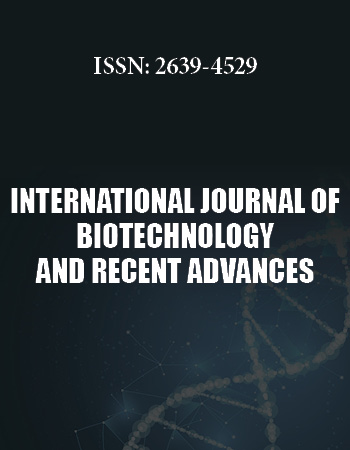European Microbiology Research Conference
December 3-4, 2018 Valencia, Spain
Identification and Comparison of Gene Encoding Amatoxin in Amanita Species
Nile University of Nigeria, Nigeria
Developments in molecular biology have affected whole fields of biology positively in recent years. These developments have also showed their effects on fungal systematic and provided fast and reliable identifications. So, molecular techniques have started to be used commonly with conventional techniques in fungal systematic. Some of these are used in common recently, and those based on PCR techniques and especially DNA sequences studies.
Amatoxins are potent inhibitors of RNA polymerase II, indirectly halting protein synthesis. It causes the death of the cell. Amatoxins are the main poison of the green death cap (A. phalloides) and among the most dangerous natural toxins causing hepatic failure. Fatal mushroom poisonings are predominantly caused by members of the Amanita family, including the genera A. phalloides, A. virosa, and A. verna.
Identification of amatoxin gene that belongs to Amanita genus is responsible for >90% of mushroom poisoning by using PCR techniques and DNA sequences analyses constitutes the aim of this study.
In this study we aim to identify and compare genes encoding Amotoxin by designing primers belong to the amotoxin. While conducting this study, the A. phalloides, A. virosa and A. verna species will be used and samples belong to Turkey and U.S. This study ensures to find out the differences of gene encoding amatoxin between the Amanita genus. The results of this study can help the cancer treatments by making some modifications to these toxin genes by recombinant DNA technologies, only cancer or tumor cells can be destroyed with modified proteins instead of healthy cells.
Biography:
Hatice Tetik born in Erzurum, Turkey in 1981. Hatice Tetik obtained bachelor degree in 2005 with first degree award in Biology at Canakkale 18 March University in Turkey. After graduation, Hatice worked as a teacher at different private educational institutions in Turkey for 3 years and then started Master of Science in Biology because of interest in academic studies. Currently Hatice has completed coursework and studying on thesis at Nile University of Nigeria.


